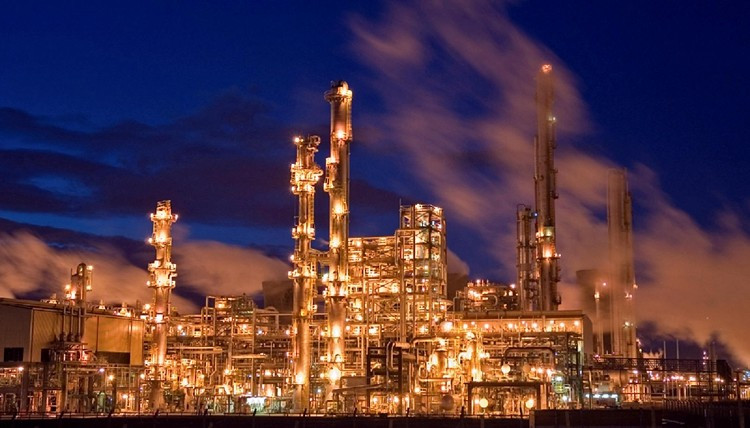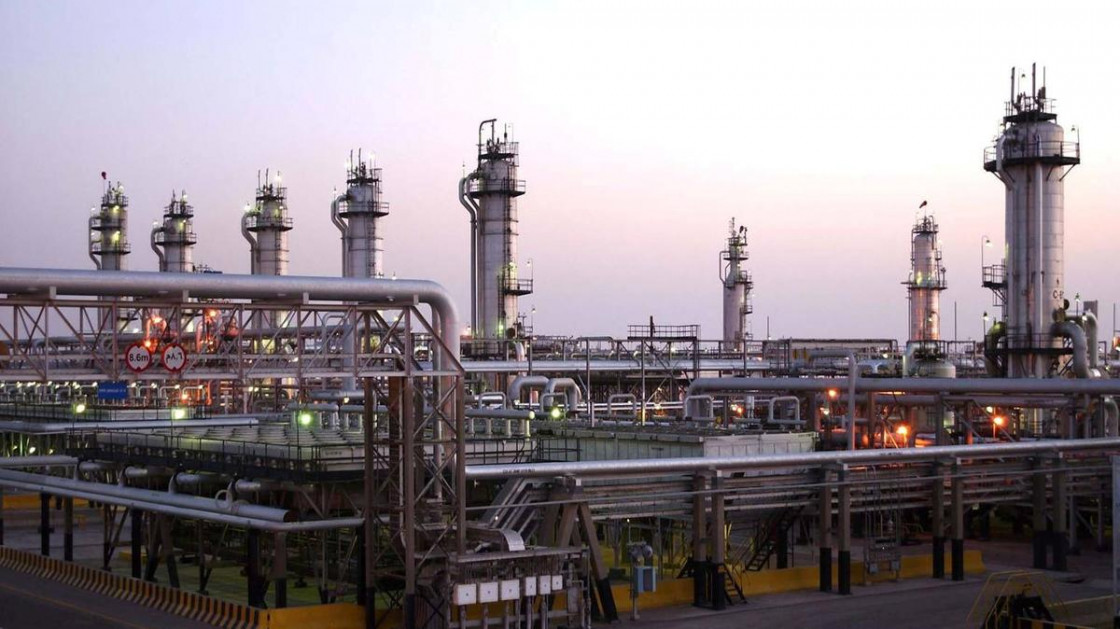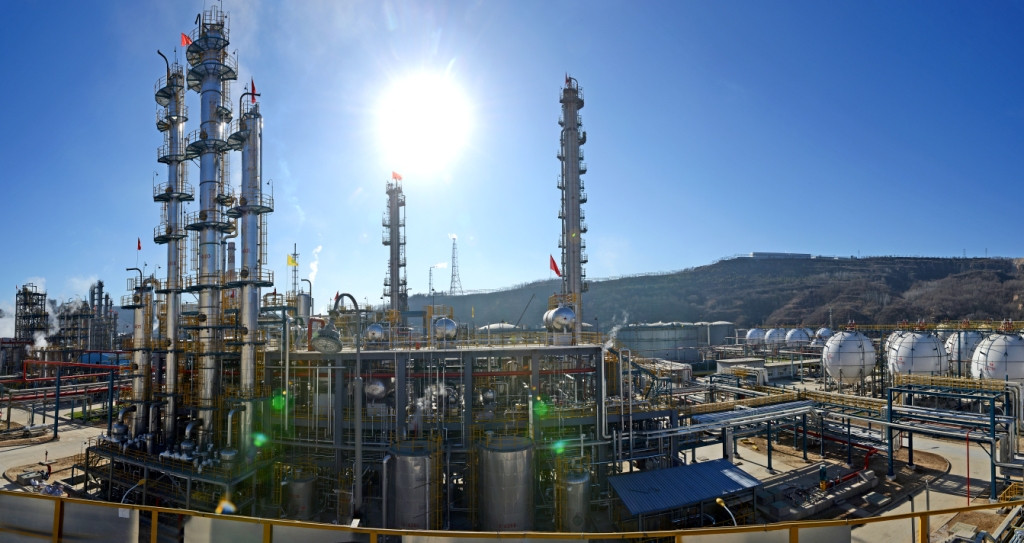- 86-05331-85064683|
- Request a quote
See More

Atmospheric and vacuum distillation are commonly called atmospheric and vacuum distillation. Atmospheric and vacuum distillation is basically a physical process. Crude oil in distillation tower can be divided into distillates with different boiling points according to their evaporation capacity. Some of these oils are blended and added additives and then discharged as products. A considerable part of them are raw materials for subsequent processing units. Therefore, atmospheric and vacuum distillation is also called primary processing of crude oil. It includes three processes: desalination and dehydration of crude oil; atmospheric distillation; vacuum distillation.

Desalination and Dehydration of Crude Oil:
Also known as pretreatment. Crude oil sent from oilfields to refineries often contains salt (mainly chloride) and water (dissolved in oil or in emulsified state), which can lead to corrosion of equipment, scaling on the inner wall of equipment and affecting the composition of refined oil, and need to be removed before processing. The common method is to add demulsifier and water to make the water in the oil gather and separate from the oil. Salt dissolves in the water and cooperates with high voltage electric field to remove the larger water droplets smoothly.
Crude Oil Refinery Plant Manufacturers:

Catalytic cracking:
Catalytic cracking (FCC) has been developed in thermal cracking process. It is the most important process operation to improve oil processing depth and produce high quality gasoline and diesel oil. Crude oil distillation and other refining units are the main raw materials of heavy oil. The catalytic cracking process consists of three parts: catalytic cracking of feed oil, catalyst regeneration and product separation. Gas, gasoline, diesel oil and heavy fraction oil can be obtained by fractionation of products from catalytic cracking. Some of the oil is returned to the reactor for further processing, which is called refining oil. The change of operation conditions or fluctuation of raw materials in catalytic cracking can make the composition of products fluctuate.
Catalytic Reforming:
Catalytic reforming is the process of converting light gasoline from atmospheric distillation into reformed gasoline with high aromatics in the presence of catalyst and hydrogen. If the product is gasoline with high octane number, which is fractionated at 80-180 (?) C, and raw oil with 60-165 (?) C, the main products are aromatic hydrocarbons such as benzene, toluene, xylene, etc., by-product hydrogen gas in reforming process, it can be used as hydrogen source for refinery hydrogenation operation. The reaction conditions are as follows: reaction temperature is 490 ~ 525 C, reaction pressure is 1 ~ 2 MPa. The process of reforming can be divided into two parts: raw material pretreatment and reforming.
Hydrocracking:
In the presence of high pressure and hydrogen, catalysts are needed to convert heavy raw materials into gasoline, kerosene, diesel and lubricants. Hydrocracking can remove harmful sulfur, nitrogen and oxygen compounds due to the presence of hydrogen and less coke converted from raw materials. It has flexible operation and can be adjusted according to product requirements. The product has high yield and good quali.
Delayed coking:
It is used to crack the raw material in depth for a long reaction time, aiming at producing solid petroleum coke and obtaining gas and liquid products at the same time. The main raw material for delayed coking is residue with high boiling point. The main operating conditions of delayed coking are as follows: the temperature of raw material after heating is about 500 degrees celsius and the coke tower operates under a slight positive pressure. The proportion of gasoline, diesel oil, cracking feed oil and coke can be adjusted by changing raw materials and operating conditions.
See the news list>>